Description
Rigorously researched information grounded in clinical practice tailored for use in palliative and hospice care settings. This trusted source goes beyond standard references, providing health professionals with in-depth, practical guidance on drugs and treatment regimens to help improve quality of life.
Updates in the new edition:
- Renamed monograph (Tricyclic antidepressants) and two discontinued - (Carbamazepine and Danazol)
Fully reviewed and updated monographs including for:
- Individual strong opioid analgesic drug monographs and Quick Clinical Guides
- Antidepressants class and individual drug monographs
- Anti-epileptics class and individual drug monographs including a significantly updated section on the management of seizures and the use of subcutaneous levetiracetam
- Bisphosphonates monograph including the 2020 ESMO clinical practice guidelines and a new joint summary table for the indications of use for bisphosphonates and denosumab in palliative care
- Denosumab monograph including the 2020 ESMO clinical practice guidelines
- Drugs and fitness to drive chapter including updates to the summary table of the available evidence for sedative drugs
- Renal impairment chapter including significant changes to the sections on assessing renal function, and opioid use in renal impairment
- Drug administration to patients with swallowing difficulties or enteral feeding tubes chapter including a new step-wise approach for alternative formulations, and a fully updated table on commonly used alternative product
Targeted updates to monographs including:
- H2-receptor antagonists monograph updated to reflect the alternative oral and parenteral options due to the world-wide absence of ranitidine
- Proton pump inhibitors monograph significant updates to the parenteral administration section
- Clonidine monograph, involving significant updates to the dose and use section and a new summary of dexmedetomidine use
- Drugs for diabetes monograph updated to include the 2021 Diabetes UK guidelines and the 2021 Joint British Diabetes Societies Inpatient Care Group guidelines.
- Significant changes to the sections on corticosteroid-induced diabetes mellitus, the management of hypoglycaemia, and the management of spikes of
- hyperglycaemia in the last few weeks of life
- Systemic corticosteroids significant updates on the risks of adrenal insufficiency including information about the new steroid emergency card and information on the
- evidence of use for appetite stimulation
- Anaphylaxis appendix updated to reflect the 2021 Resuscitation Council UK guidelines.
PCF8 also includes several Quick Clinical Guides covering key topics in palliative care and designed for everyday use.



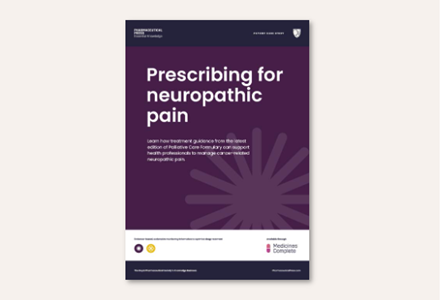


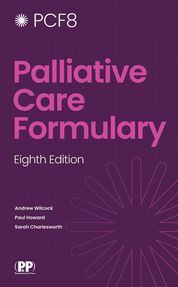
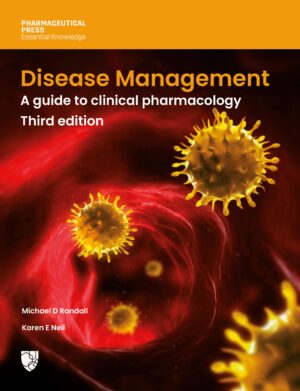
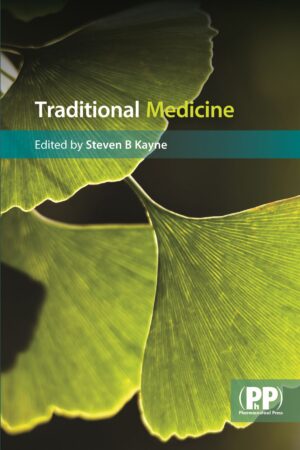
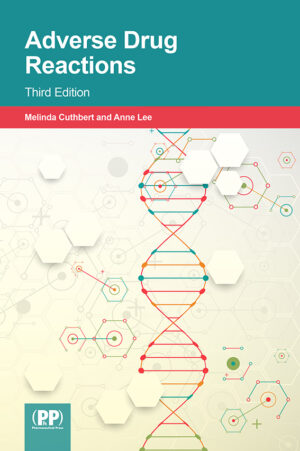
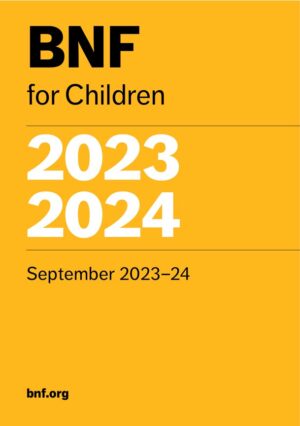




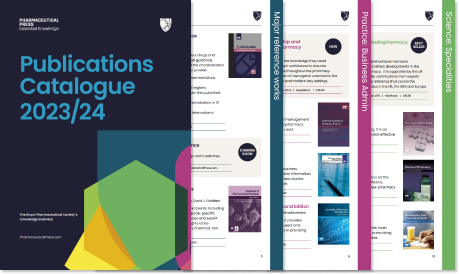

Reviews
There are no reviews yet.